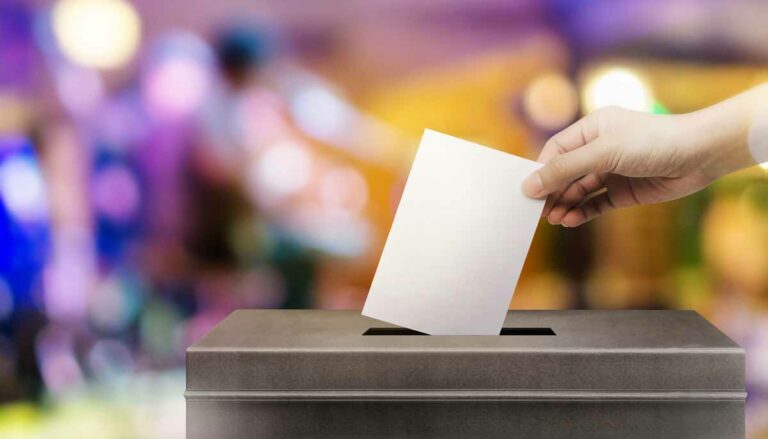Following the 2020 election, discussions of voter fraud have gripped much of the nation. Not due to bombshell revelations that the election was somehow compromised by such fraud, but by allegations from the loser, President Donald Trump, that such fraud took place.
The president was never able to produce evidence to back up these claims, leading many to accuse him of being a sore loser. Trump’s numerous legal challenges to the election largely sputtered out through November and into December, with few (if any) judges willing to hear a case with no evidence.
However, the president’s narrative of voter fraud has caught some purchase with his dedicated base of voters. Polling has shown that a sizable portion of Republicans believe that some degree of fraud was in play for Joe Biden’s victory in the election.
However, this begs the question: how common is voter fraud? While Trump has insisted that fraud was widespread and happened right under the noses of election officials, officials have insisted that the facts are clear.
Election Fraud is Rare
According to election authorities, fraud is actually very rare. Cases of intentional voter fraud are easier to catch that the president has let on: polling places have robust guidelines that prevent people from voting twice. Mail-in voting is also quite secure, thanks to double envelops and signature matching that makes it very difficult for ballots to be compromised. Among the millions of votes that are cast each election, less than one percent of them ever turn out to be fraudulent.
What’s more, fraud on the scale Trump is talking about would be unprecedented. Joe Biden’s margin of victory in swing states like Georgia, Michigan and Wisconsin was narrow in national terms: a few hundreds of thousands of votes in either direction could have changed the outcome.
However, the idea that hundreds of thousands of illegal ballots were cast in even one state, let alone multiple, would be a fundamental breakdown of American election integrity on a scale that would have yielded considerable evidence.
Cover-ups and Conspiracies
This has not stopped some from claiming that the lack of evidence is due to a conspiracy. However, this overlooks one important fact: each state administers its own elections and is overseen by individual authorities. For a conspiracy to unfold on a national scale, states would need to coordinate with one another, something of which there is no evidence.
Moreover, the lack of witnesses to such a conspiracy make it much more likely that the president is using the narrative of a “stolen election” to set himself up for an excuse as to why he lost.
That, and, some suspect, a 2024 presidential bid.





